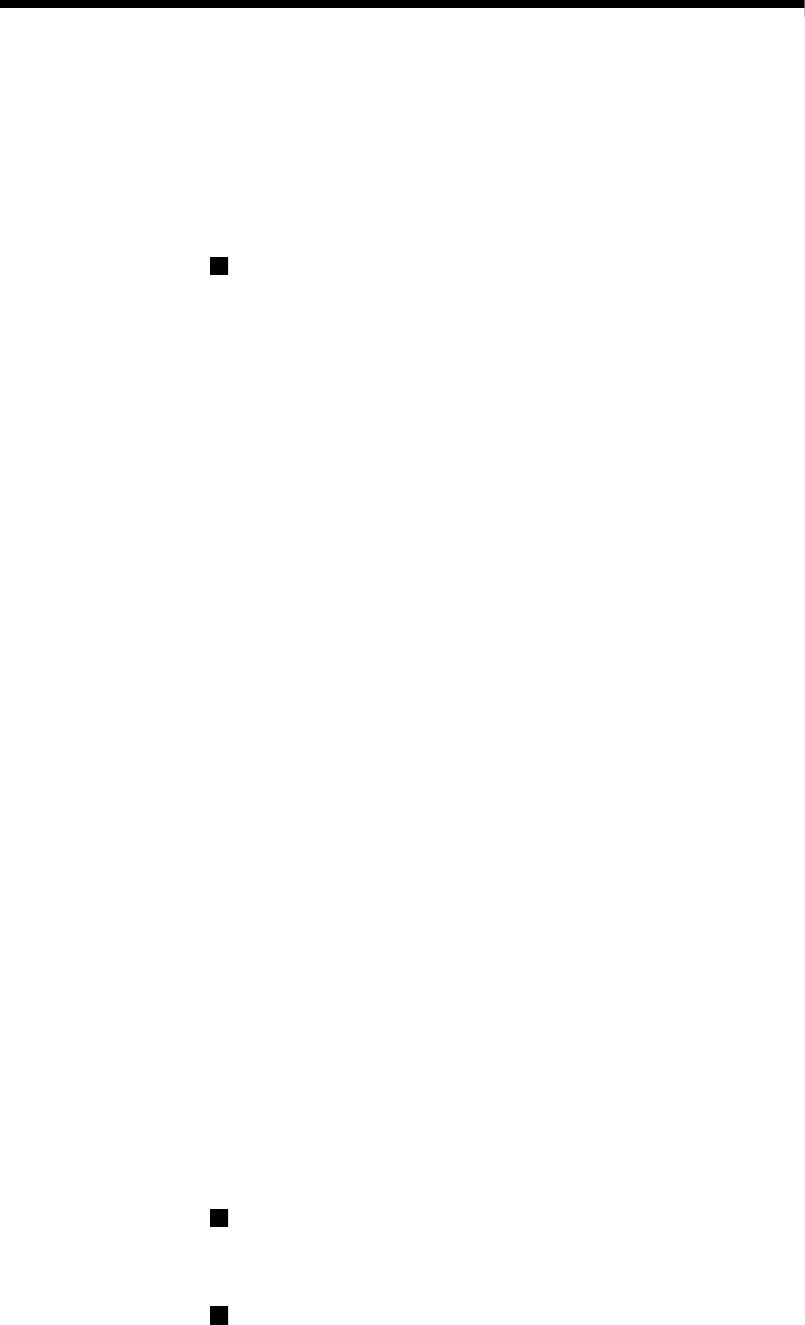
3 - 6
MELSEC-
A
3 SPECIFICATIONS AND FUNCTIONS
3.3 List of functions
3.3.1 D75P2 control functions
The D75P2 has several functions. In this manual, the D75P2 functions are categorized
and explained as follows.
Main functions
(1) Zero point return control
"Zero point return control" is a function that established the start point for
carrying out positioning control, and carries out positioning toward that start
point. This is used to return a workpiece, located at a position other than the
zero point when the power is turned ON or after positioning stop, to the zero
point. The "zero point return control" is preregistered in the D75P2 as the
"Positioning start data No. 9001 (Machine zero point return)", "Positioning start
data NO. 9901 (Data setting method zero point return)" and "Positioning start
data No. 9002 (High-speed zero point return). (Refer to "Chapter 8 ZERO
POINT RETURN CONTROL".)
(2) Main positioning control
This control is carried out using the "Positioning data" stored in the D75P2.
Such as position control and speed control, is executed by setting the required
items in this "positioning data" and starting that positioning data. An "operation
pattern" can be set in this "positioning data", and with this whether to carry out
control with continuous positioning data (ex.: positioning data No. 1, No. 2, No.
3, ...) can be set. (Refer to "Chapter 9 MAIN POSITIONING CONTROL".)
(3) Advanced positioning control
This control executes the "positioning data" stored in the D75P2 using the
"positioning start information". The following types of applied positioning
control can be carried out.
Random blocks, handling several continuing positioning data items as
"blocks", can be executed in the designated order.
"Condition judgment" can be added to position control and speed control.
The positioning data having the same No. and set for multiple axes can be
started simultaneously. (Pulses are output simultaneously to multiple
servos.)
The designated positioning data can be executed repeatedly, etc.,
(Refer to "Chapter 10 ADVANCED POSITIONING CONTROL".)
(4) Manual control
By inputting a signal into the D75P2 from an external source, the D75P2 will
output a random pulse train and carry out control. Use this manual control to
move the workpiece to a random position (JOG operation), and to finely adjust
the positioning (manual pulse generator operation), etc. (Refer to "Chapter 11
MANUAL CONTROL".)
Auxiliary functions
When executing the main functions, control compensation, limits and functions can
be added. (Refer to "Chapter 12 CONTROL AUXILIARY FUNCTIONS".)
Common functions
Common control using the D75P2 for "parameter initialization" or "backup of
execution data" can be carried out. (Refer to "Chapter 13 COMMON
FUNCTIONS".)


















